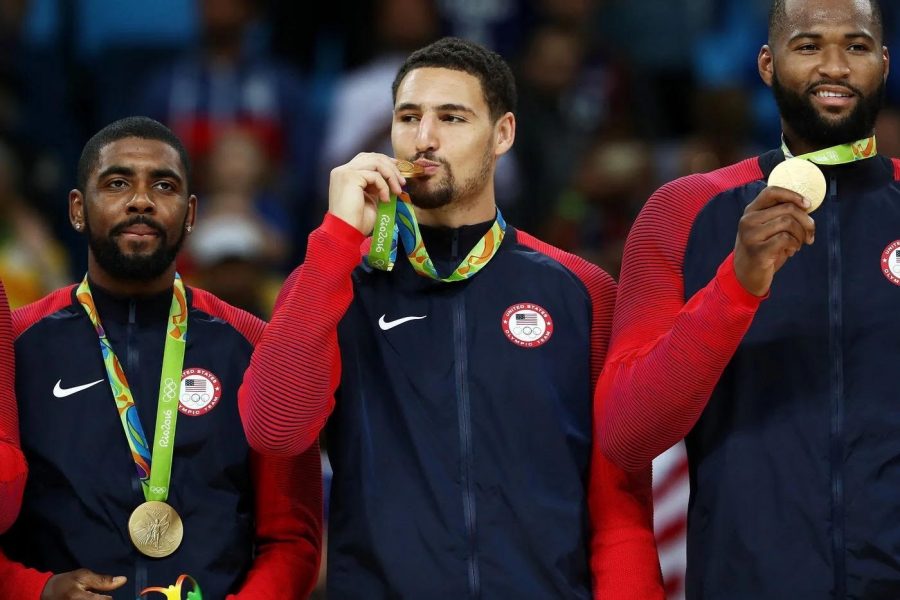The impact of the Olympics
The Olympics return to Tokoyo.
More stories from Lana Diab
From ancient Greece to 2021 in Tokyo, The Olympics has a profound effect on global sports and society. It is an opportunity for the world to unite together for a cause.
The Olympics originated in ancient Greece and dominated in popularity for years. It experienced a downfall once the Roman Empire banned “pagan” festivals but was later revived in 1896.
Since its revival, it has allowed athletes all over the world to show their talents and compete with each other. The Olympics is one of the only events that unify athletes from many countries.
This global melting pot encourages people from different communities to come together in support of their country. People have watching parties or celebrate in restaurants, pubs, festivals, and more. In a world that is increasingly isolated due to social media, pandemics, and more, the Olympics connect people together.
Additionally, the Olympics significantly impact the countries involved. Many countries aspire to hold the Olympics in their vicinities and create grand arenas for the ensuing revenue. Although slightly different this year because of COVID 19, people travel to the country holding the Olympics and pay a good sum of money.
The Olympics has also been used as a political statement, for example when the United States dropped out of the 1980 Olympics in response to the Soviet Union’s involvement in Afghanistan.
The Olympics goes beyond the sports world; it affects society, economies, and politics. It is proof of the importance of sports in all aspects of life. Although traditions change in this extremely volatile world, the Olympics will remain a continuity.

